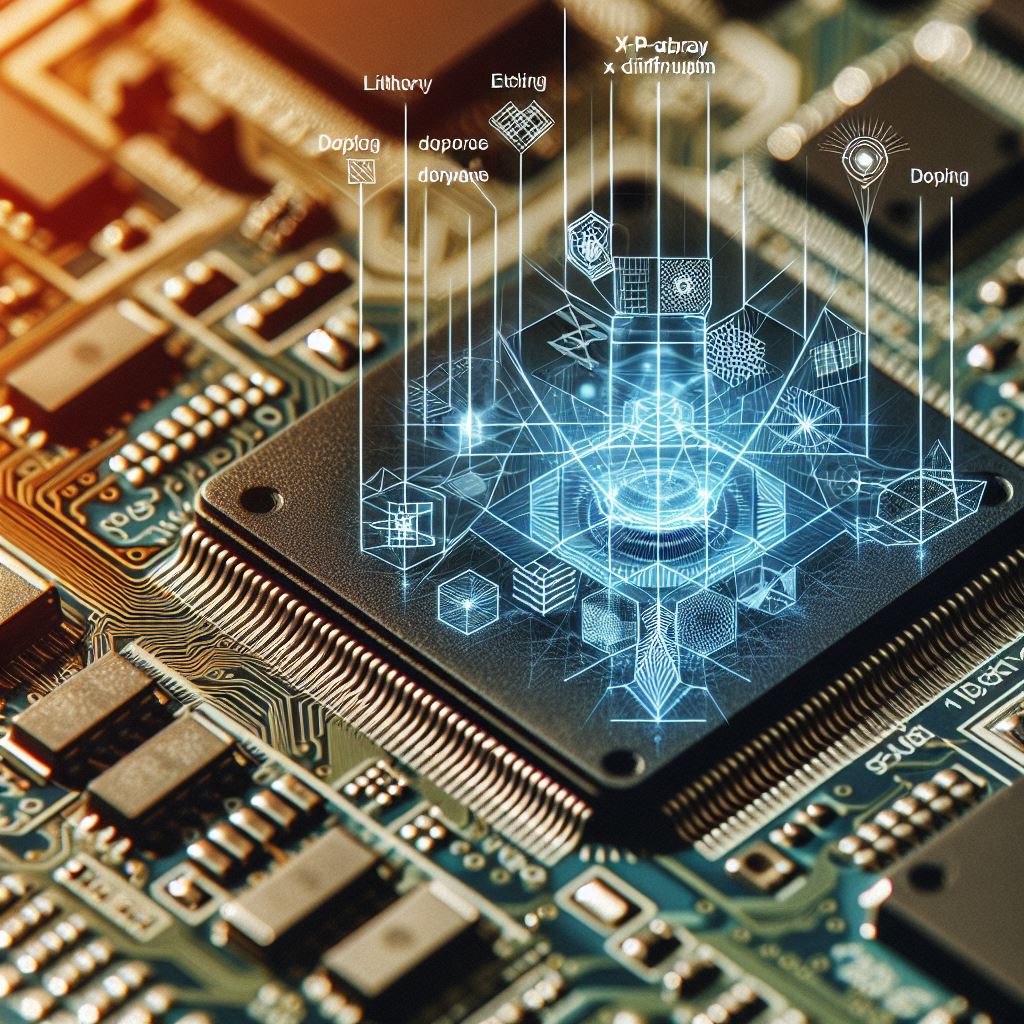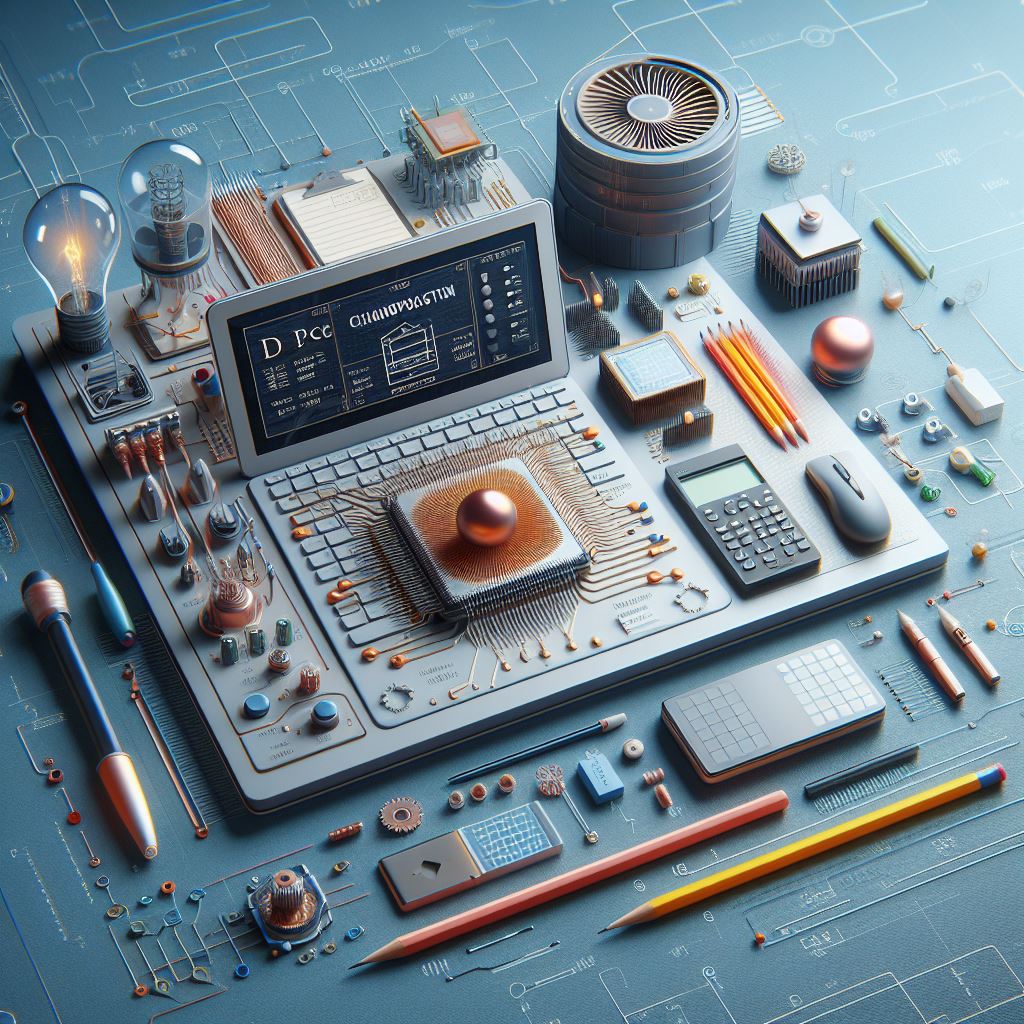Our Popular courses
Explore our popular courses to build skills and stay ahead with practical, hands-on training and the latest techniques.

Metrology
This course covers metrology, emphasizing precise measurement and its importance across industries, including measurement systems, calibration, and error analysis. Students will gain hands-on experience with industry-standard equipment to apply metrology principles in real-world scenarios.

Fundemental Engineering
The FE (Fundamentals of Engineering) exam is the first step in the process of becoming a licensed professional engineer (PE).
It is a computer-based exam administered year-round at NCEES-approved Pearson VUE test centers.

Statical Proces Control (SPC)
This course introduces Statistical Process Control (SPC) for monitoring manufacturing processes, covering variability, control charts, and process capability analysis. Students will apply SPC techniques through practical examples to reduce variations and enhance quality and efficiency.
Semiconductor Overview
This course introduces the semiconductor industry, focusing on materials, their role in electronics, and fabrication techniques. Students will explore the manufacturing process and its economic impact, gaining practical knowledge for careers or advanced studies in the field.
Courses
Course Selection

EE 499 - 001
Contemporary Developments: Microelectronics Metrology
This course offers a comprehensive study of metrology, focusing on precise measurement and its vital role across industries. Students will explore measurement systems, calibration techniques, uncertainty, and traceability to ensure accuracy and consistency. The course covers error analysis, proper use of metrology tools, and statistical methods for evaluating data. Students will gain hands-on experience with industry-standard equipment, applying metrology principles to real-world scenarios.
 Dr.Andy Wang
Dr.Andy Wang

EE 599 - 001
Device Physics and Characterization
This course provides an overview of the fundamental physics governing the electrical, optical, and thermal properties of semiconductor devices. Students will also examine the role of semiconductor materials in modern technology and their applications in electronic and photonic devices. This course is intended for graduate students in electrical engineering, materials science, and physics programs. Prerequisites include courses in semiconductor physics and electrical measurements at the undergraduate level.
 Dr. Carlo daCunha
Dr. Carlo daCunha

PHY 530
Spectroscopy
This graduate-level course provides an in-depth overview of spectroscopic techniques used to probe the electronic, vibrational, rotational, and magnetic structure of atoms, molecules, and solids. Theoretical foundations of atomic and molecular spectroscopy are developed, including treatment of absorption, emission, scattering of electromagnetic radiation.
Prerequisites: Quantum mechanics, electricity and magnetism.
 Dr. Miguel Yacaman
Dr. Miguel Yacaman

EGR FE Exam Prep Course
Fundemental Engineering
The FE (Fundamentals of Engineering) exam is the first step in the process of becoming a licensed professional engineer (PE).
It is a computer-based exam administered year-round at NCEES-approved Pearson VUE test centers.
This course compares to the reference of :
 TBD
TBD
EE-499/04
Semiconductor Overview
This course offers a broad introduction to the semiconductor industry, its products, and the underlying processes. Key topics include the fundamentals of semiconductor materials, the role of semiconductors in modern electronics, and an overview of fabrication techniques. Students will gain insights into the entire semiconductor manufacturing process, from design to production, as well as an understanding of the industry's economic and technological impact. \ This course provides both theoretical knowledge and practical applications, preparing students for roles in the semiconductor sector or further advanced studies in this field.
Prerequisites:
 TBD
TBD

SPC
Statistical Process Control
This course provides an in-depth introduction to Statistical Process Control (SPC), a key methodology used to monitor and control manufacturing processes. Topics covered include the principles of variability, control charts, process capability analysis, and the use of statistical methods to ensure product quality and process stability. Through practical examples and case studies, students will learn how to implement SPC techniques to detect and reduce variations in processes, improve quality control, and enhance operational efficiency in a range of industries.
Prerequisites:
 TBD
TBD

DOE
Design of Experiments
This chapter introduces the fundamental concepts and methods of Design of Experiments (DOE), a vital tool used to improve processes and optimize results in various fields. The chapter covers topics such as factorial designs, response surface methods, and statistical techniques for analyzing experimental data. By the end of this chapter, students will understand how to design efficient experiments that yield maximum information with minimal resources. Through real-world examples, students will explore how DOE can be applied to identify critical factors, streamline processes, and drive innovation in engineering and research.
 TBD
TBD